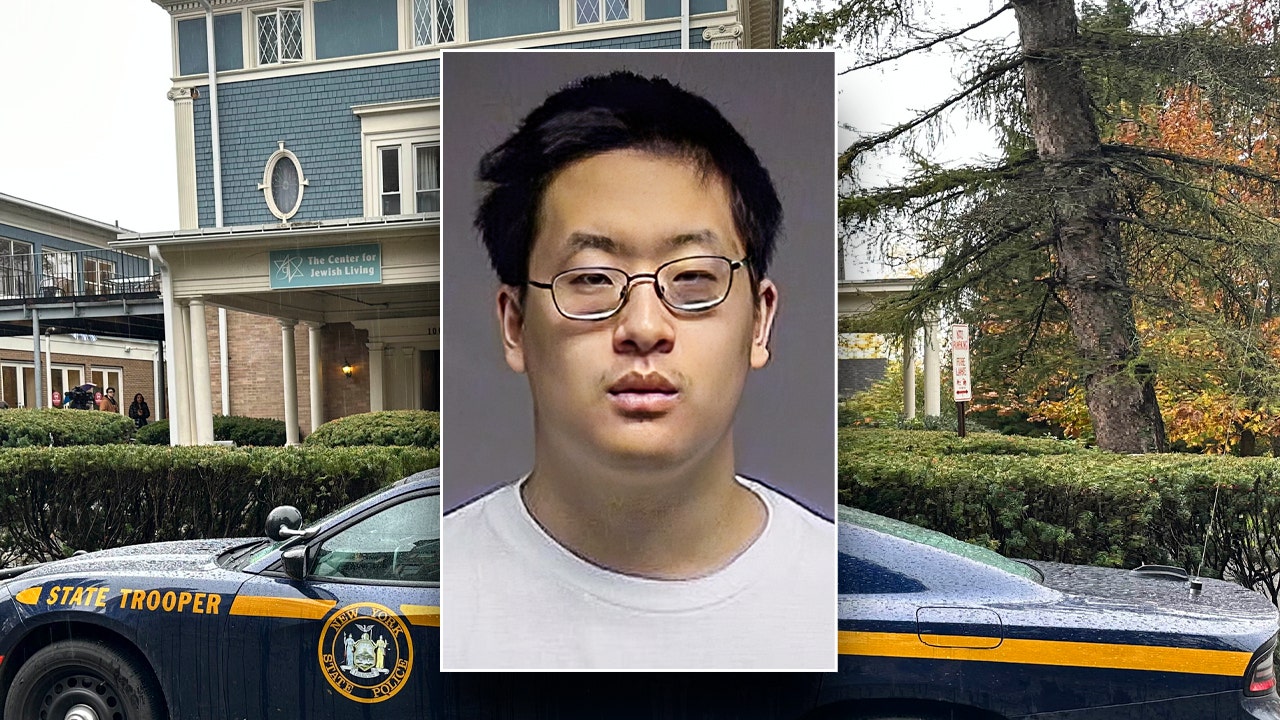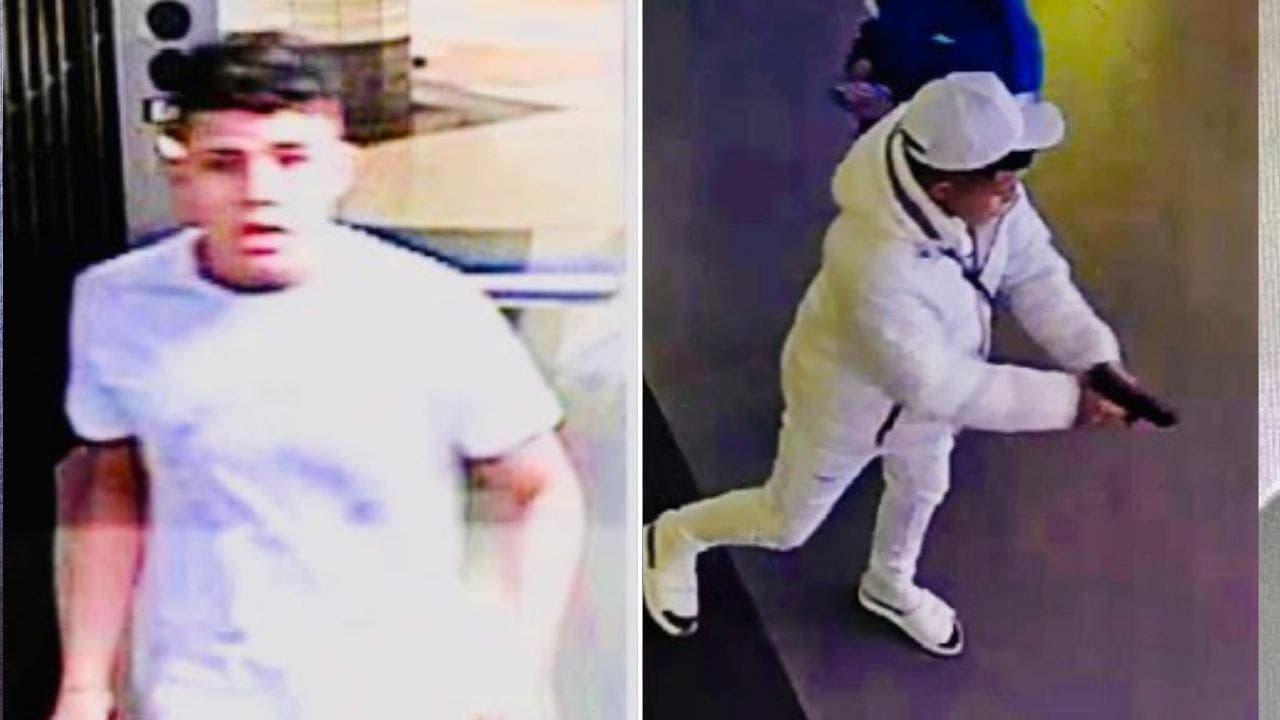A jury was being chosen for a murder trial nearly three decades ago in California. The state was seeking a death sentence for Ernest Dykes, who had been charged with killing a 9-year-old boy during a robbery in Oakland.
Weighing who should be struck from the jury pool and who should be kept, a prosecutor made notes about a prospective juror:
“I liked him better than any other Jew but no way.”
Other notes about prospective jurors bore evidence of similar prejudice:
“Banker. Jew?” read one.
“Jew? Yes,” read another.
The notes — just handwritten scribbles — were discovered recently in an internal case file from the 1990s when Mr. Sykes was convicted of murder and sent to death row. A federal judge who is weighing an appeal by Mr. Sykes told the Alameda County District Attorney’s office to conduct a top-to-bottom search for any additional documents, and that search turned up the notes, which are now in the hands of the judge.
Now, Mr. Dykes, 51, and perhaps others on death row in California as well, may have their convictions tossed out and be granted new trials. The federal judge weighing his appeal has ordered a review of all California capital cases in which a defendant from Alameda County is still on death row. The county includes Oakland, Berkeley and a host of other Bay Area communities.
The inquiry, which may involve as many as 35 cases from as far back as 1977, is just getting underway. But the district attorney’s office says it has already found evidence that the discriminatory practice was widespread for decades and involved numerous prosecutors.
“When you intentionally exclude people based on their race, their religion, their gender or any protected category, it violates the Constitution,” said Pamela Price, the Alameda district attorney and a former civil rights lawyer.
Legal scholars and critics of the death penalty say some prosecutors have long sought to exclude certain groups from serving as jurors in capital cases, even after the courts made clear that the practice was unconstitutional. Given the long history of racial injustice in the United States, Black jurors were presumed to be sympathetic to defendants, especially to Black defendants. And in the decades after the Holocuast, Jews were presumed to be against capital punishment.
A team of prosecutors worked on the Sykes case, and the district attorney’s office said it has not been able to determine exactly who wrote the notes about prospective Jewish jurors.
The lead prosecutor in the case, Colton Carmine, is retired. Reached in Reno, Nev., where he now lives, Mr. Carmine declined to discuss the revelations about jury selection in the Sykes trial.
Ms. Price’s office has been contacting surviving relatives of the victims in the murder cases that are under review, to prepare them for the possibility of new trials and the prospect of reliving the trauma of having lost a loved one so violently.
Retrying the cases would present prosecutors with numerous challenges, like tracking down old case files and witnesses whose memories may have faded, or who have died.
Ms. Price, a former civil rights lawyer who is facing a recall election organized by critics who favor more punitive measures, said her office has reached about half the victims’ families so far. “Obviously people are not happy to hear from us after 20, sometimes 30 years, that the case is not over,” she said.
Lance Clark, the 9-year-old boy Mr. Dykes was convicted of killing, wanted to be an architect, and was “so smart, so bright,” said an uncle, Steve Robello. “He made his own toys. He made his own robots.” Just this week, he said, he visited his nephew’s grave and left flowers.
Kirstie Trias, Lance’s sister, said it was devastating to learn that Mr. Dykes may get a new trial. The notion that he was somehow a victim is “heart wrenching,” she said.
Allegations of religious and racial bias in Alameda County jury selection have surfaced before. In 2005, John R. Quatman, a former prosecutor in the district attorney’s office, gave a sworn declaration that “it was standard practice to exclude Jewish jurors in death cases.”
Mr. Quatman said at the time that a trial judge in a death penalty case had advised him to make sure that no Jewish jurors were selected.
“He said I could not have a Jew on the jury, and asked me if I was aware that when Adolf Eichmann was apprehended after World War II, there was a major controversy in Israel over whether he should be executed,” he said. Mr. Quatman added that the judge said, “no Jew would vote to send a defendant to the gas chamber.”
There is limited polling on Jewish views of the death penalty, but a 2014 poll by the Public Religion Research Institute found that among Jews support for capital punishment was notably lower than among white Protestants and white Catholics, while higher than among Hispanics and among Black Protestants.
Rabbi Jacqueline Mates-Muchin, the senior rabbi at Temple Sinai in Oakland, which is about to celebrate its 150th anniversary, said that learning of the alleged past pattern of bias among local prosecutors struck especially hard, given the rise of antisemitism today.
“It’s pretty awful,” she said. “The word disappointing isn’t enough.”
Alameda County, with a population of about 1.6 million, is home to about 50,000 Jews, according to a 2020 estimate by the American Jewish Population Project at Brandeis University.
Rabbi Mates-Muchin said the revelations are troubling on many fronts. “I feel horribly for the families of the victims. I also think that it isn’t fair to these defendants, who did not have a decent representation of the community that they’re from judging their case.”
Proving bias in selecting jurors, though, is notably difficult. Using what are known as peremptory challenges, lawyers can strike a certain number of prospective jurors without necessarily having to provide a reason. Even when a reason is required, lawyers can often draw on answers to jury questionnaires for indications of bias that can be used to justify excluding someone.
“For as long as there have been jury trials in death penalty cases, there has been racial discrimination and religious discrimination in the selection of juries,” said Robert Dunham, director of the Death Penalty Policy Project, an independent research organization within the Philadelphia law firm Phillips Black. “And we see it most frequently in the context of prosecutors striking African-American jurors.”
Brian Pomerantz, a lawyer who specializes in appeals of capital cases and represents Mr. Dykes alongside another attorney, Ann-Kathryn Tria, said that exposing jury bias in death penalty prosecutions in Alameda has been “my life’s quest.”
“I’ve been chasing this for a decade.,” said Mr. Pomerantz, who also represents two other death row inmates in Alameda cases whose trials he believes were tainted by the exclusion of Black and Jewish jurors.
California has the largest death row in the nation — there are currently 640 condemned inmates — but the state has not executed anyone since 2006. Gov. Gavin Newsom, a Democrat, is opposed to capital punishment and has imposed a moratorium on executions. He has also shut down the death chamber at San Quentin prison and transferred death-row inmates to other prisons around the state.
It is not difficult to look in any corner of the country and find cases overturned because of jury bias, and prosecutors’ offices where striking jurors based on race or religion was common.
“Historically we’ve seen practices by prosecutors — and we know this to be true, because we’ve seen videotapes of their lectures to their colleagues,” said Robin M. Maher, the executive director of the Death Penalty Information Center. “We’ve seen training manuals where it says, make sure to exclude everyone — women, Jews, people of color — anyone who is part of a group that they think could sympathize with someone who was on trial for his life.”
In Philadelphia, a training video that showed prosecutors how to exclude Black jurors was unearthed, leading to overturned convictions. In Mississippi, a Black man, Curtis Flowers, was tried six times in the same murder case, and ultimately the Supreme Court overturned his death sentence after ruling the prosecutors violated the Constitution in selecting the jury. More recently, a court in North Carolina held a hearing last month about allegations of racial bias in selecting a jury in the case of Hasson Bacote, a Black man sentenced to death in 2009.
Mr. Pomerantz said the emergence of such bias in Alameda County, in the heart of the liberal Bay Area, shows how ubiquitous the practice has been in the United States.
“You’re talking about where Berkeley is,” he said. “This isn’t Alabama. This isn’t Texas.”
Kirsten Noyes and Alain Delaquérière contributed research.






